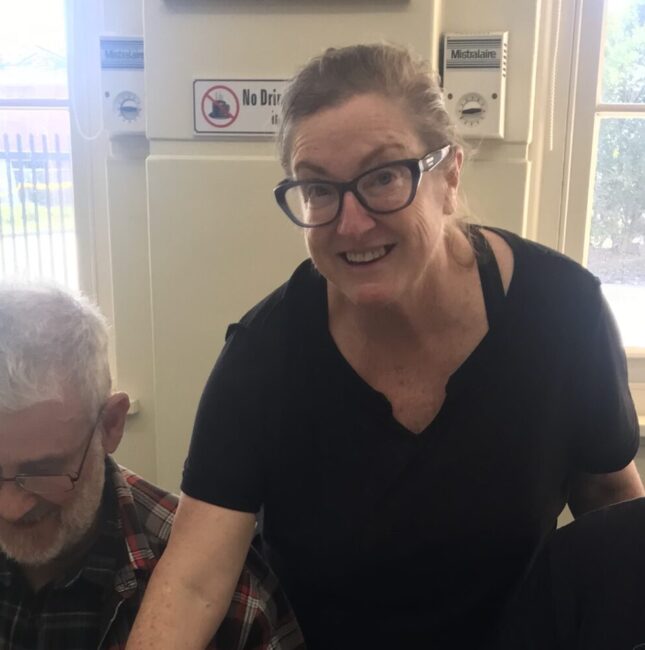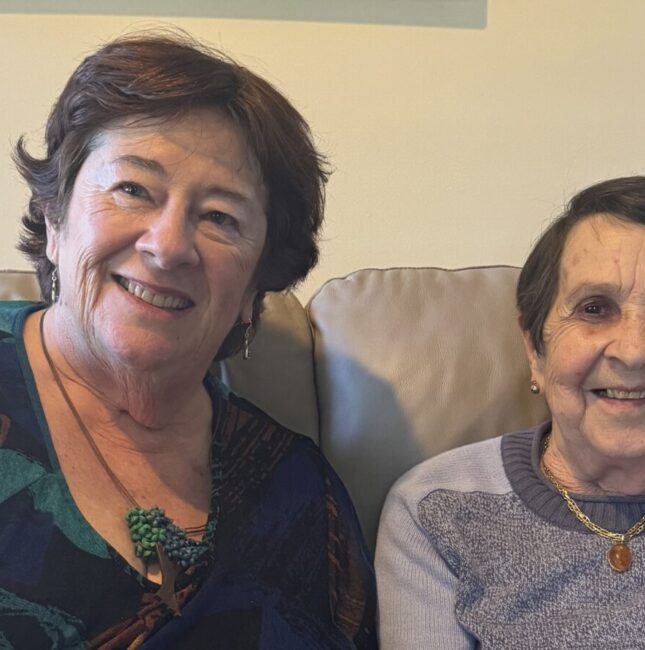Funded by the Commonwealth Home Support Program (CHSP), our respite services aim to support carers to cope and manage relationships as they support frail and older loved ones, by providing them with a break from the constant demand of care.
This could look like:
- Transport to and from appointments, social events and activities
- Support with meal preparation
- General everyday duties around the home
- Support with shopping
- Companionship
- Someone to talk to and laugh with
- Time for the carer to go out with friends and socialise.
We can get you started by helping to arrange an assessment through My Aged Care through their online referral form. The My Aged Care website is here or contact them on 1800 931 299. Unfortunately, this process can take some time and can be confusing. However, we are here to support you on this journey and encourage you to contact our friendly team with any concerns or questions.
CatholicCare can also offer respite support on a fee for service basis if you are not eligible for funded services.
If you need respite urgently, contact Carer’s Gateway on 1800 422 737 or navigate to their website to find out more about emergency respite care here. If respite isn’t required and you are looking for other services, the My Aged Care Service Finder can be helpful.
For more information:
P: (02) 9488 2488
E: seniors@catholiccaredbb.org.au
Frequently asked questions
What is the definition of a carer?
Can a paid support worker be referred to as a carer?
What is respite?
Why is respite important for carers?
Am I eligible for respite services?
How much respite is a primary carer entitled to?
Latest aged care news
Social Inclusion Week – supporting seniors to stay connected
Social Inclusion Week reminds us of the importance of building communities where everyone feels they belong. Yet many older Australians continue to face significant social isolation.
Read MoreDementia Awareness Month – your brain matters
For most of us, these are harmless lapses. But for nearly 500,000 Australians living with dementia, memory loss is much more than a moment - it’s a daily challenge that changes lives.
Read MoreSusan gives back to others with dementia
“I thought there was a chance I may get Alzheimer’s one day, but what I didn’t expect was to receive a diagnosis in my 50s. It was a surreal feeling because I felt fine, and I still do. But that’s the thing with Alzheimer’s. You think you’re fine, but the rest of the world knows you’re not.”
Read MoreCompanionship and travel tales keep Esther going
Once a fortnight, Esther is visited by volunteer Lynn - her little piece of solace as they gather over hot cups of tea and talk about books, politics, television programs and travel.
Read More






